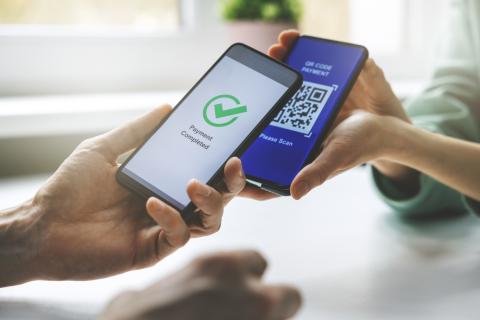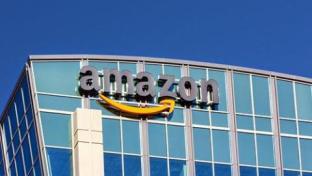Survey: Consumers want retailers to accept new payment technologies

A large number of Americans expect retailers to accept new payment methods, showcasing the growing demand for continued adoption of new technology.
According to cloud platform and AI-driven solution provider Esker’s latest survey, which included 600 U.S. residents, 41% of respondents expected businesses to adopt new payment technologies once they have been proven and any operational issues resolved, while another 41% expected this adoption to occur within the first year of technology availability.
More than a third (36%) of respondents showed an interest in adopting new technologies within the first year of availability, such as peer-to-peer payment applications. For the 25-44 age bracket, this number increased to 44%.
Six-in-10 (59%) of Gen Z respondents revealed they had opted not to purchase a product or service if they were not offered an online payment option. Additionally, 33% of Americans switched service providers due to inconvenient or complicated online payment processes, rising to 54% among 18- to 24-year-olds.
“The evolution of B2C payment behaviors is the catalyst driving transformation in B2B payment technologies,” said Steve Smith, U.S. COO at Esker. “Consumer expectations for convenient, reliable, and instantaneous payments have paved the way for a similar transformation in B2B transactions. The demand for seamless payment experiences has created a ripple effect in the business landscape, compelling enterprises to revisit their financial and technological strategies.”
Other findings from Esker survey include the following:
- 20% of Americans expressed discomfort with autopay, with men generally displaying greater trust in financial technology.
- The average American has three peer-to-peer payment apps on their phone, with PayPal being the most popular, followed by Cash App and Venmo.
- More than 60% of respondents would consider switching to a new peer-to-peer app if the institutions they transact with began accepting payments via that app.
- 58% of respondents have either never written a check or haven't done so in the last year, indicating a significant shift away from traditional payment methods.
“To stay relevant in this evolving landscape, businesses must embrace online payment technologies that align with consumer preferences,” said Smith. “Doing so will allow them to not only enhance B2B interactions but also create a more connected and efficient payment ecosystem, ensuring their position at the forefront of industry advancements, while failing to adapt will put them at a competitive disadvantage. Meeting customer expectations for streamlined, intuitive payment experiences isn't just a trend — it's a necessity for sustainable growth and success in the modern financial landscape.”
Founded in 1985, Esker operates in North America, Latin America, Europe and Asia Pacific.



